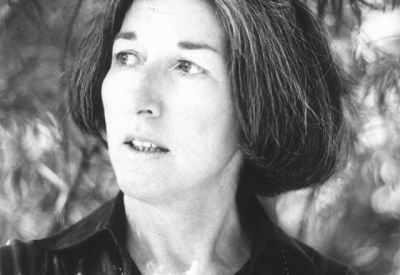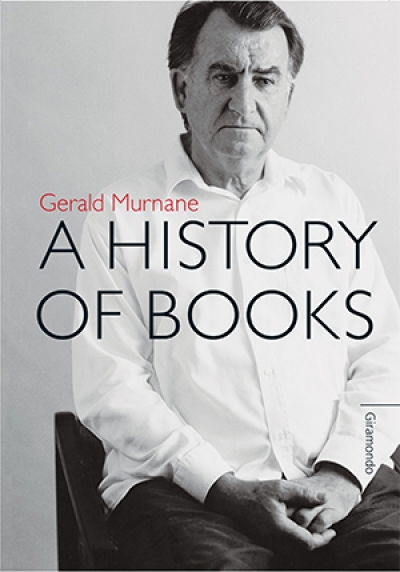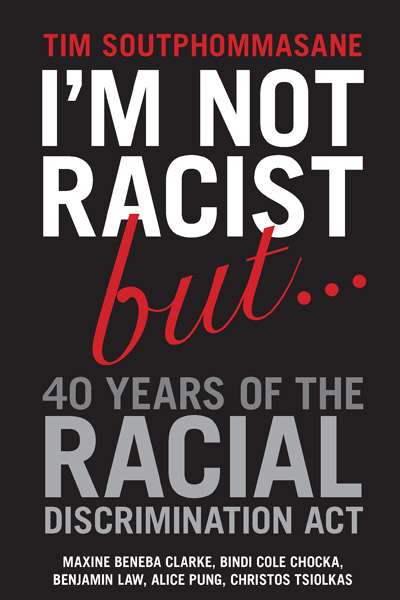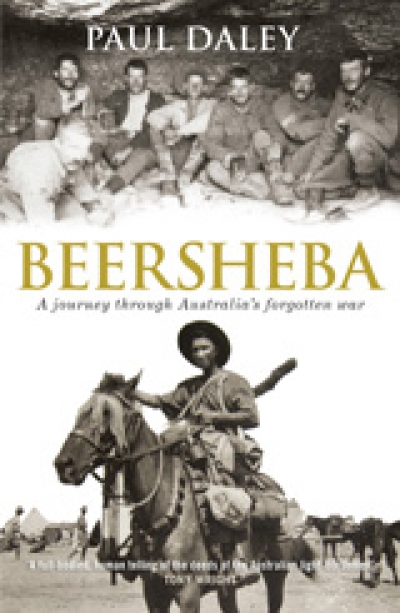June 2012, no. 342
The autobiography, that seemingly inevitable act of self-revelation, is frequently a work tricked out with very little art. For the novelist, unlike the anecdote-disposing musician or painter, the problem is doubled: they are making a home with the same tools. Rare is the autobiography that, like Nabokov’s Speak, Memory (1951) or Martin Amis’s Experience (2001), speaks in the voice of the working artist, similarly lush or distinctive – the same register, that same unmistakable snap and hum. Too often a plainer style is attempted: the unadorned truth, as it were, after so many convincing lies. But what happens when, at some crucial point in a writer’s oeuvre, the distinction between fact and fiction – or, to use the market’s terms, fiction and non-fiction – becomes a useless one? Gerald Murnane has always been a deeply autobiographical writer – he once famously claimed to possess no imagination, which would seem to make memoir of any kind a default position – and his latest work of fiction, A History of Books, renders the distinction more useless than ever.






























